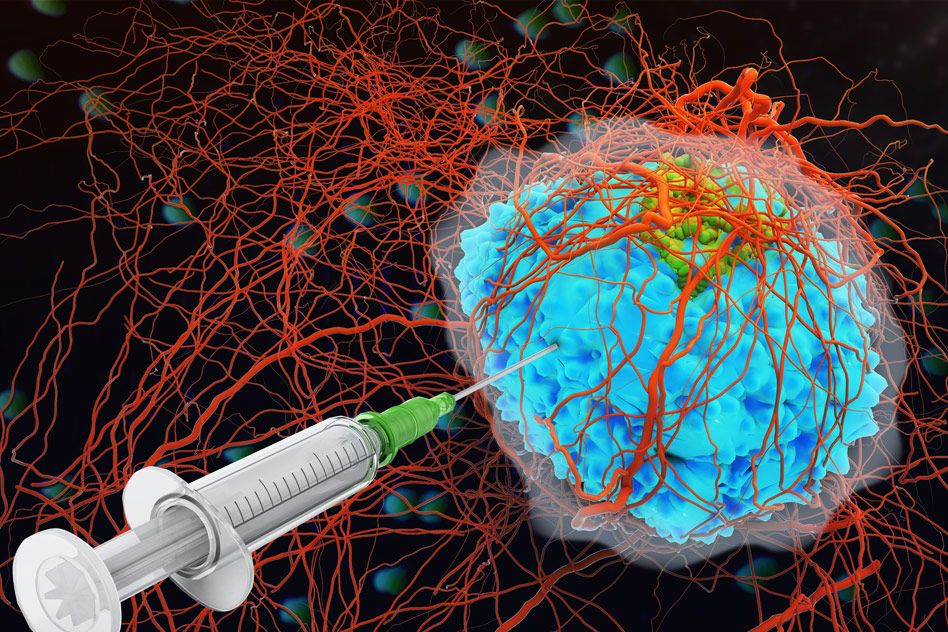Lung cancer, while not the most prevalent form of cancer, remains one of the deadliest with a low survival rate. Despite existing treatments such as surgery, radiation therapy, and chemotherapy, only a small fraction of patients live more than five years post-diagnosis. Annually, lung cancer claims over 1.8 million lives globally, as per the World Health Organization. To enhance the prognosis for lung cancer patients, scientists from The University of Texas at Arlington and UT Southwestern Medical Center have introduced an innovative approach for administering cancer-killing drugs directly into cancerous cells.
Dr. Kytai T. Nguyen, the lead author of a recent study elucidating the method in the journal Bioactive Materials and the Alfred R. and Janet H. Potvin Distinguished Professor in Bioengineering at UTA, explains that their methodology employs the patient’s cellular material as a trojan horse to facilitate the precise delivery of a targeted drug payload to lung cancer cells. The process entails isolating T-cells from the patient, a type of immune cell, and engineering them to express a receptor that homes in on the cancerous cells.
A pivotal aspect of this groundbreaking technique involves extracting the cell membrane from the modified T-cells, incorporating chemotherapy drugs into the membranes, and then enveloping them onto minute drug-delivery nanoparticles, which are about 1/100th the diameter of a human hair.
Upon reintroduction of these membrane-coated nanoparticles into the patient’s body, the cell membrane serves as a roadmap, steering the nanoparticles directly to the tumor cells with precision. This strategic approach is devised to outsmart the patient’s immune system by mimicking the characteristics of immune cells, thereby evading detection and elimination by the body.
Dr. Jon Weidanz, a co-author of the study and Associate Vice President for Research and Innovation, along with a researcher in kinesiology and bioengineering, underlines the technique’s primary advantage – its highly targeted nature. This precision targeting circumvents the drawbacks of traditional chemotherapy, which often induce severe side effects and compromise patients’ quality of life. By delivering chemotherapy exclusively to the tumor cells, the system aims to minimize harm to healthy tissues, notes Dr. Weidanz, who is also part of UTA’s Multi-Interprofessional Center for Health Informatics.
In their research, the scientists loaded the nanoparticles with the anti-cancer drug Cisplatin. The membrane-coated nanoparticles specifically accumulated in tumor sites within the body, attesting to the efficacy of this targeted delivery system by reducing tumor size in the control group.
Dr. Nguyen underscores that this personalized approach opens doors to a new frontier in medicine tailored to the individual patient’s distinct attributes and the unique traits of their tumor. The potential reduction in side effects and enhanced effectiveness positions their technique as a notable advancement in the realm of cancer treatment.
*Note:
1. Source: Coherent Market Insights, Public sources, Desk research
2. We have leveraged AI tools to mine information and compile it

